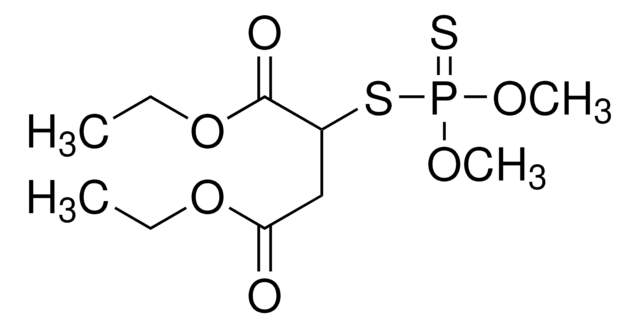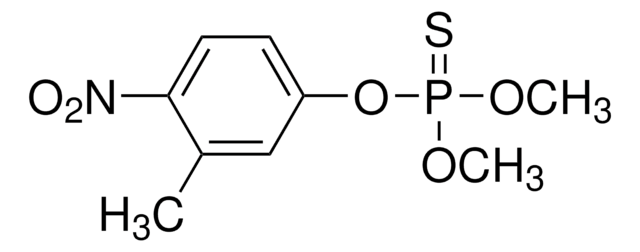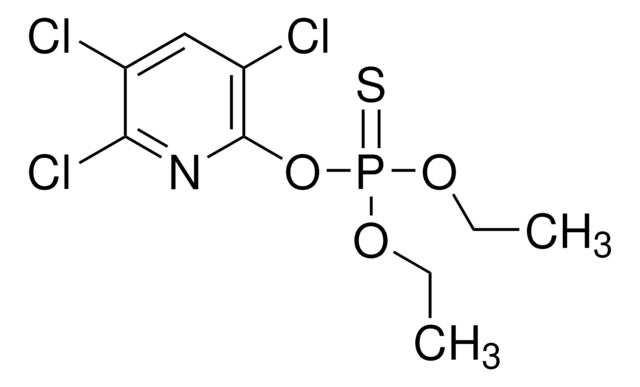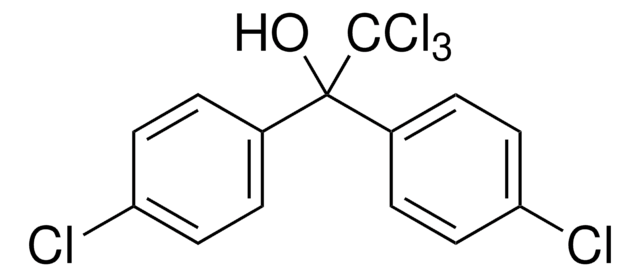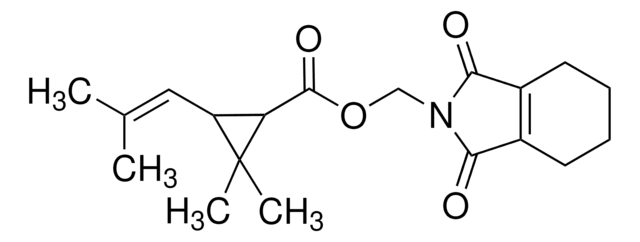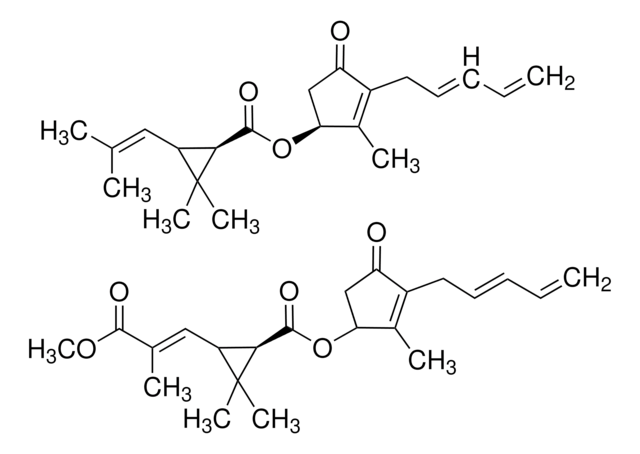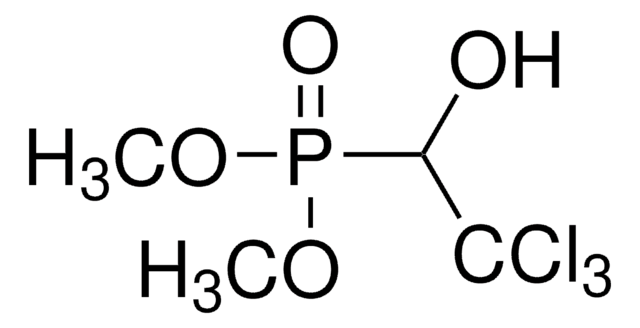About This Item
Recommended Products
grade
analytical standard
Quality Level
product line
PESTANAL®
shelf life
limited shelf life, expiry date on the label
technique(s)
HPLC: suitable
gas chromatography (GC): suitable
application(s)
agriculture
environmental
format
neat
SMILES string
CC(C)[C@H](C(=O)O[C@H](C#N)c1cccc(Oc2ccccc2)c1)c3ccc(Cl)cc3
InChI
1S/C25H22ClNO3/c1-17(2)24(18-11-13-20(26)14-12-18)25(28)30-23(16-27)19-7-6-10-22(15-19)29-21-8-4-3-5-9-21/h3-15,17,23-24H,1-2H3/t23-,24+/m1/s1
InChI key
NYPJDWWKZLNGGM-RPWUZVMVSA-N
Looking for similar products? Visit Product Comparison Guide
Related Categories
Application
Legal Information
signalword
Danger
Hazard Classifications
Acute Tox. 3 Inhalation - Acute Tox. 3 Oral - Aquatic Acute 1 - Aquatic Chronic 1 - Skin Sens. 1 - STOT RE 2 - STOT SE 1
target_organs
Nervous system
Storage Class
6.1C - Combustible acute toxic Cat.3 / toxic compounds or compounds which causing chronic effects
wgk_germany
WGK 3
flash_point_f
Not applicable
flash_point_c
Not applicable
ppe
Eyeshields, Faceshields, Gloves, type P2 (EN 143) respirator cartridges
Choose from one of the most recent versions:
Already Own This Product?
Find documentation for the products that you have recently purchased in the Document Library.
Customers Also Viewed
Our team of scientists has experience in all areas of research including Life Science, Material Science, Chemical Synthesis, Chromatography, Analytical and many others.
Contact Technical Service
